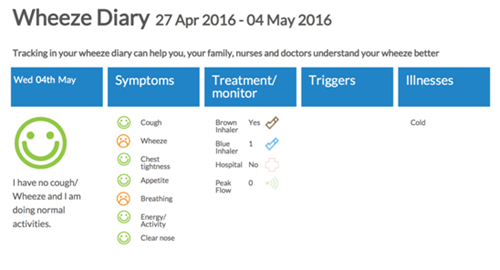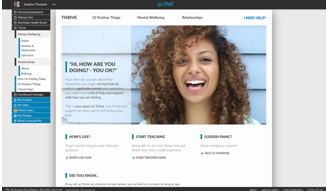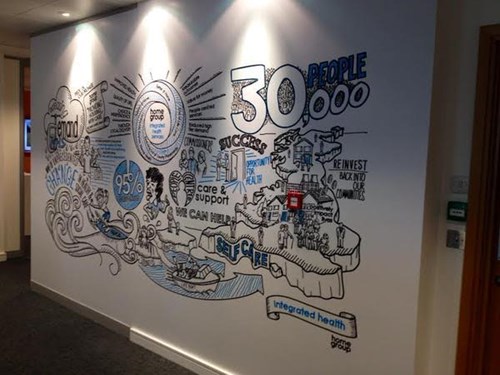The five stages of grief are said to be denial, anger, bargaining, depression and acceptance.
Quitting smoking has its equivalent stages.
Delusion
This is the feeling that all will be well. At this point, smoking is engrained in your life. You are coping with it and can quit at any time. It’s easy to think of all of the smokers who don’t have any health issues. We’ve all heard of someone who was a heavy smoker and lived to over 100.
All of the above just need to be challenged with evidence and common sense.
It’s true that not all COPD sufferers smoked, but smoking does drastically increase your chances of developing COPD. Try breathing in and out through a straw for two minutes – that’s how COPD feels.
Frustration
This is the start of something good – you know that you should do something about smoking, but you’re not sure how to make the change. You know for sure that it takes so much willpower, which is something your stressful job won’t allow for.
Modern lifestyles and busy schedules mean we’re getting less ‘me time’. When will you get enough time to do something for yourself?
Those feelings of frustration are a direct response to closed thinking. It’s similar to looking at a magnificent vista and only seeing the farm gate. Set a goal, make a plan and stick to it.
Gambling
‘What if’ - two great words to start a bargaining session.
“What if I cut down to just five a day?”
“What if I only smoke at work?“
”What if I change to roll-ups?”
This is like a bad episode of Deal or No Deal – there’s no winner in this game. All of the boxes have something nasty inside and there is no banker trying to outsmart you. Your only option is to wait until the last box opens, and that may not be the one you bargained on.

Isolation
“All of my friends smoke.”
“The boss smokes and that’s when the best decisions are made.”
"That last fag means I will never smoke again, and I quite liked it really.”
“Giving up would be really hard and nobody knows what this feels like for me.”
The feeling of loss is quite natural. You have given up one of the things you thought defined you. The fag shed was the place where you’d have casual conversation while smoking. It was a comfortable space - away from the desk or the machine – and it was a place to relax.
Think again. This is Britain. Most of the time it’s raining or it’s freezing, usually both.
Look around the next time you’re standing in your cold and damp fag shed, wrapped up in your coat which you constantly drape over the radiator trying to get it dry enough before your next cig break. You’re missing out on conversations with all of your non-smoking friends who don’t have to stand outside shivering from the cold.
You are never alone in this. Smoking does not define you, and it never has. You are now part of the non-smoking majority. Only a fool would trade health for five minutes outside in the rain.
The majority of society are non-smokers; they’ve either never smoked, or they’ve given up. These are your people now. You are amongst friends.
Elation
This is defined as great happiness and exhilaration. It’s a feeling of joy that’s matched only by the relief felt when achieving a goal.
People who quit can’t wait to tell you about it - about how it feels to be free and how glad they are that they took the first step. You too will be like them.
Remember your cravings for what they were: disruptive.
Remember the smell for what it was: disgusting.
Remember the taste for what it was: dreadful.
Come over to the sunny side of the street and feel the weight lift from your shoulders. Alright, I may have gone metaphor happy, but in reality you will be glad you got here.
There you have it - five stages of quitting smoking. If any of them resonate with you, remember that we all experienced them to some extent when we quit.
Don’t be afraid of them. Know them for what they are - just paving stones on the path to a smoke-free life.
- Les Jackson, ex-smoker.
 collective voice
collective voice



